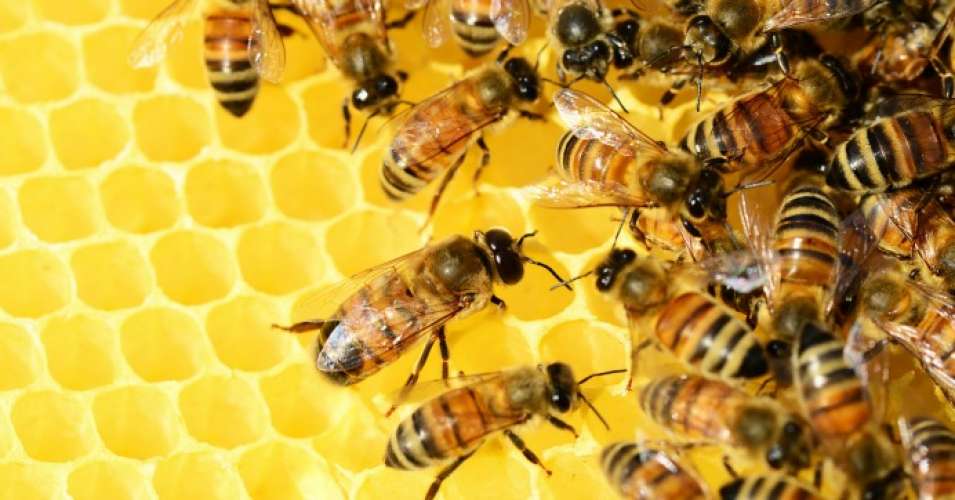It comes after law firm King & Wood Mallesons commissioned Germany's Quality Services International (QSI) to conduct two types of tests on the sampled honey – new nuclear magnetic resonance (NMR) screening and Australia's official C4 test.
It examined 28 blended and honey samples from Coles, IGA, Aldi and Woolworths stores, finding that almost half were ‘adulterated’ – meaning they contained something other than nectar contained from bees.
Professor Andy Lowe, Director of Food Innovation at the University of Adelaide and Chief Scientist for DoubleHelix Tracking Technologies in Singapore, said that honey fraudsters were becoming more cunning and mixing honey with other syrups that coudln't be detected by the traditional C4 test, such as syrups from wheat and beats.
“The latest honey fraud issues have involved a new test, based on recognition of different types of sugars using Nuclear Magnetic Resonance Spectroscopy and done by a company in Germany, which can purportedly detect these other syrup adulterants,' he said.
“Several Australian suppliers of honey, including Capilano Allowrie-branded Mixed Blossom Honey, Aldi’s home brand and IGAs black and gold brand, have been implicated in the mixing of honey containing these adulterants using this test.
‘The Australian honey bee industry now wants to move to this type of testing. This will be a useful test for the industry to detect honey fraud.”
Meanwhile, Dr Nadine Chapman, a Post-Doctoral Research Associate at The University of Sydney and an expert on honey bee genetics warned of the long-term implications of adulteration.
“This is a huge issue,” she said. “Counterfeit honey undercuts the price of real honey. Blending honey with sugar syrup, corn syrup and rice syrup significantly reduces costs and it makes it difficult for local beekeepers to compete.
“If the honeybee industry is undermined by making it unprofitable, then we will lose beekeepers. Many crops rely on honeybees for pollination, so this will have long-term repercussions for our food security.
“Whenever a new test is brought out, the honey adulteration industry begins work to be able to pass the tests. For example, they switch from using corn syrup to using rice syrup because this passes the C4 test. This is a lucrative industry. It is best to use several methods and not continue using the same single test that you always have.”
Testing time
She also warned that better food labelling would not stop the honey fraudsters.
“They are trying to pass off an adulterated product as genuine and they go to a lot of trouble to try and beat the tests that can identify it. Approximately 5% of honey imported to Australia is tested, this needs to be drastically increased and mislabelled products sent back, making it unprofitable.”
When it comes to testing, however, Dr Nural Cokcetin, a Postdoctoral Research Fellow at the ithree institute, part of the Faculty of Science at The University of Technology Sydney, cautioned that that NMR may not provide a quick-fix for the Australian industry.
“If this type of testing is done mainly in Europe and the database is built predominantly on European (or other non-Australian) floral, nectar and honey samples then there may be some limitations that need to be addressed before we use this for robust testing of Australian honey samples."
There is no evidence that the brands and retailers affected were aware of the problem, with Capilano claiming that NMR results are inconsistent between batches and different laboratories assessing the same sample.
“While we have full confidence that Allowrie Honey contains only pure honey, we also recognise that there is no consensus view from across the industry about the reliability of the NMR test that has led to the reports in the media,” said Dr Ben McKee, Managing Director of Capilano Honey Limited.
“We call on the industry to work to prove up the NMR test so that it matches the robustness of results from other testing currently relied on internationally.”


